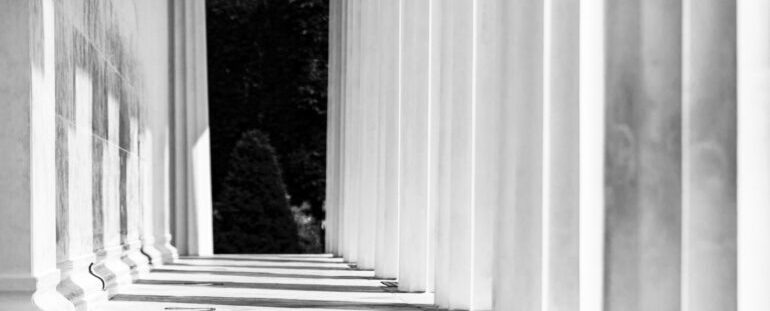
By David Majchrzak and Edward McIntyre
20.1.4 In the Matter of Haynes (2020) Not Published Case No. 16-J-17208 State Bar Court of California Review Department (February 11, 2020)
Issue:
Does discipline in the United States District Court subject a lawyer to State Bar discipline?
Analysis:
Yes. Business and Professions Code section 6049.1, subdivision (a), provides that a final order determining that a California lawyer has committed professional misconduct in another jurisdiction is “conclusive evidence that the licensee is culpable of professional misconduct in this state . . .”
A judge in the United States District Court for the Northern District of California referred Haynes to the court’s Standing Committee on Professional Conduct. The appointed committee found—and a three-judge panel and the Ninth Circuit upheld—on clear and undisputed evidence that Haynes failed to perform legal services with competence as former rule 3-110 required and violated his professional duties set forth in former rules 3-500 and 3-700. The relevant conduct include failing to file a timely opposition to a summary judgment motion, which was granted against his client; filing a notice of appeal in direct contravention of the client’s written instructions; failing to inform the client he had filed the notice of appeal; filing to dismiss the appeal when asked, and failing to release the client’s file.
Another case was dismissed because Haynes failed to comply with discovery orders and the appeal was dismissed because he failed to file the opening brief. He also had sent threatening and profane communications to opposing counsel and engaged in threating conduct in court—requiring intervention of marshals and FPS officers—and lied to a district judge about his conduct. Haynes’s conduct in his district court discipline proceedings did not help his case. He refused to cooperate with the Standing Committee and blamed opposing counsel, district court judges, the Standing Committee, and his own clients for his conduct. The district court disbarred him; the Ninth Circuit upheld sanction.
The Review Department rejected Haynes’s constitutional law challenges to the reciprocal discipline procedure and upheld the Hearing Department findings of violations of former Rules of Professional Conduct and provisions of the State Bar Act, including Business and Professions Code sections 6103 (violate a court order), 6104 (appear for a party without authority), and 6106n (moral turpitude).
The Review Department recommended an actual suspension for nine months and probation for three years, among other discipline.
David Majchrzak and Edward McIntyre are co-editors of Ethics Quarterly.